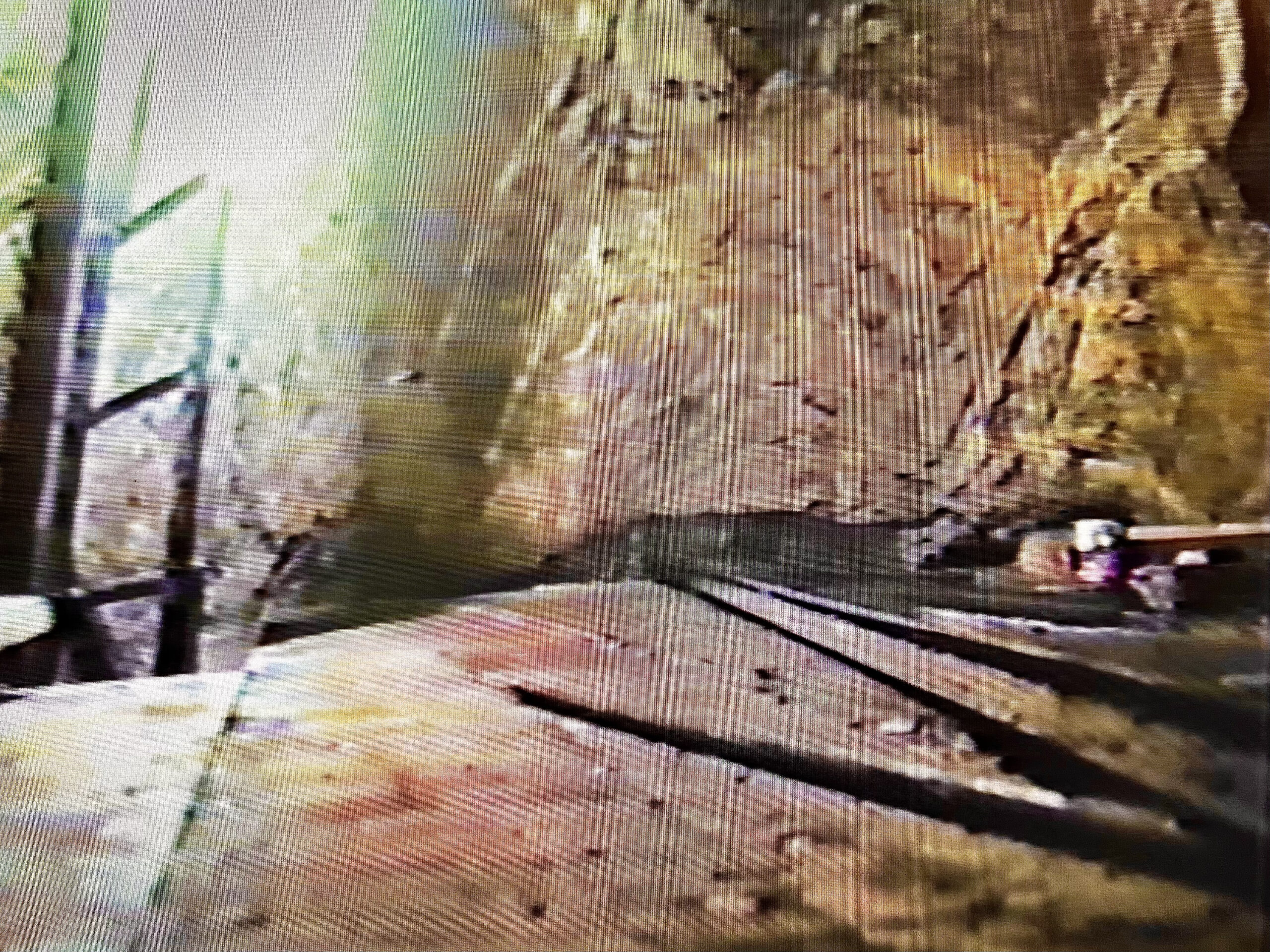And for a while it seemed there were rainfalls
that lasted whole weeks The ghost trees wet
then dried by sunlights
we’d never seen
What followed a heat as if cresting
from inside the earth cracking roads
And soon we were dreaming of the cold
Northern lakes frost-dust across
the length of the fields
I saw moths in darkness
locked in the skeleton trees wind rippling
the bushes at dawn carrying
heat driven inside trying to recall
thunderstorms at evening or just
everyday flickers finch-flash
bobbing into the branches
That summer
I receded further waited like the others
for the edges of a season as words too
dropped away oaks elms ash clear quartz
a constellation in topaz
The night driven into my body its salt
and water veins incandescent
in my temples as outside the thick heat
skinned the ground
*
How will we manage without a breeze
through an open window There must be
new machines that can
cool us windswept minds
I turn
to the grackles shrieking
in the dusty sycamore
Afraid the huge flock
would decide ours was the best tree for
nesting like fools
we shouted at the birds
Will today
be any different Those long-throated ruby-
speckled plants I saw in the wood bog
carnivores strange
how do they bear this heat Who
knows who can say what will change
Last night crosshatched
against the hot evening sky I did reach
for those dried weeds dealt to the ground
I was quietly clear something unnoticed
at the base of my throat how soon
is inside all that we have
I miss hearing
schoolkids at recess miss the hard face of the man
in the park what he was dealt who has
my father’s hands That was just his luck
Don’t you think
luck is to be feared
Today the sora bird races
the length of the beach a blast of breath
in her tiny lungs
*
How one day there is prospect the next day
the heat touches every other grief
I turn away from the window
and have nowhere to go
But the sting of cold air
I was able to breathe rivers
that held me up floating with my father
in a canoe slow amber
in the silver maple leaves above us
Nothing but water lapping
How to understand what I’m becoming
He is old now failing
and no longer a source of joy for me
But the life he lived I am trying
to follow
he bought scrappy land
to cultivate a prairie hauled us in summer to
vaulted redwood groves spent what he could
on piano lessons food banks redwoods
because he said
they can withstand being burned
Who
can say My desire to trust is deep
I have that from him
The moon
draws across thin fields What I seek
where does it begin private as I am
Over the dark floors of grass something rings
brown rain rushes down the steps of the
government buildings everyone has
taken shelter who can

Across five books, most recently The Nightfields, Joanna Klink’s work has been marked by emotional intensity, her poems driven by the desire to connect “the endless daily sorting of our lives” and the otherworldly. She has received awards and fellowships from the American Academy of Arts and Letters, the Trust of Amy Lowell, and the Guggenheim Foundation. A graduate of the Iowa Writer’s Workshop, Klink taught for many years in Missoula, Montana. She now teaches at the Michener Center for Writers in Austin, Texas.



